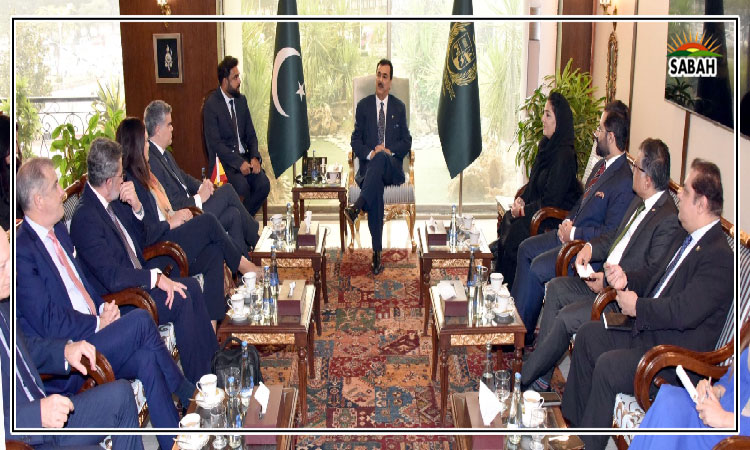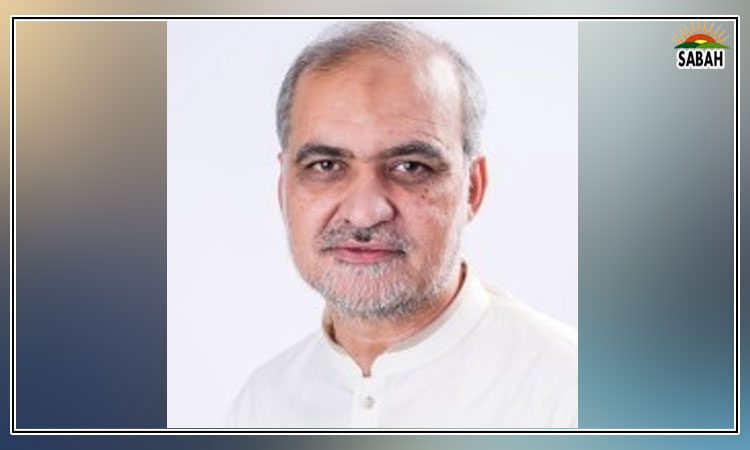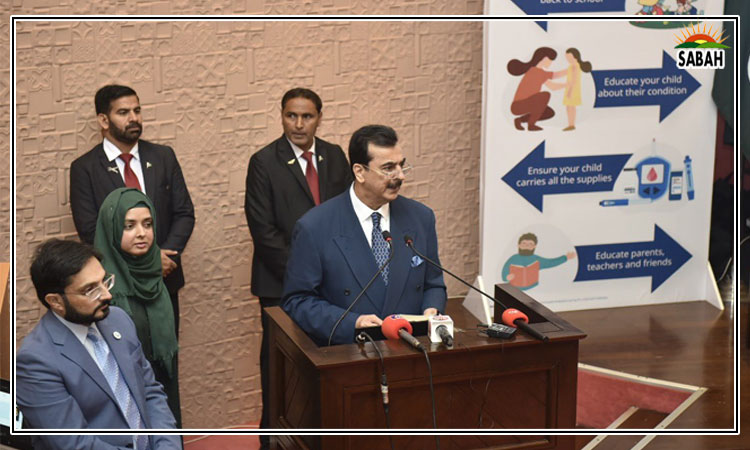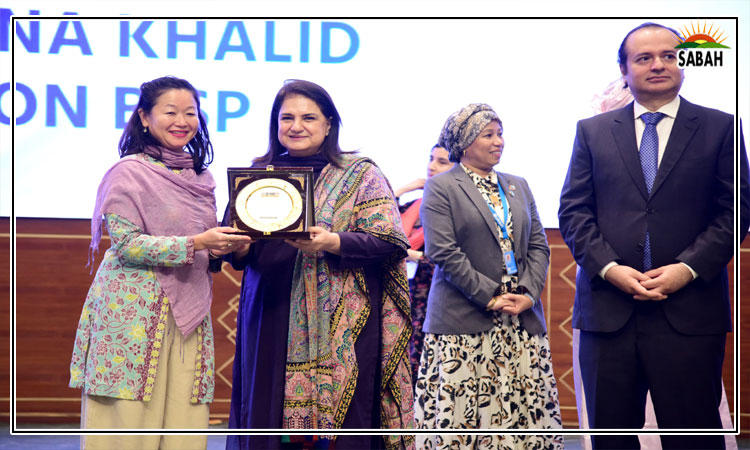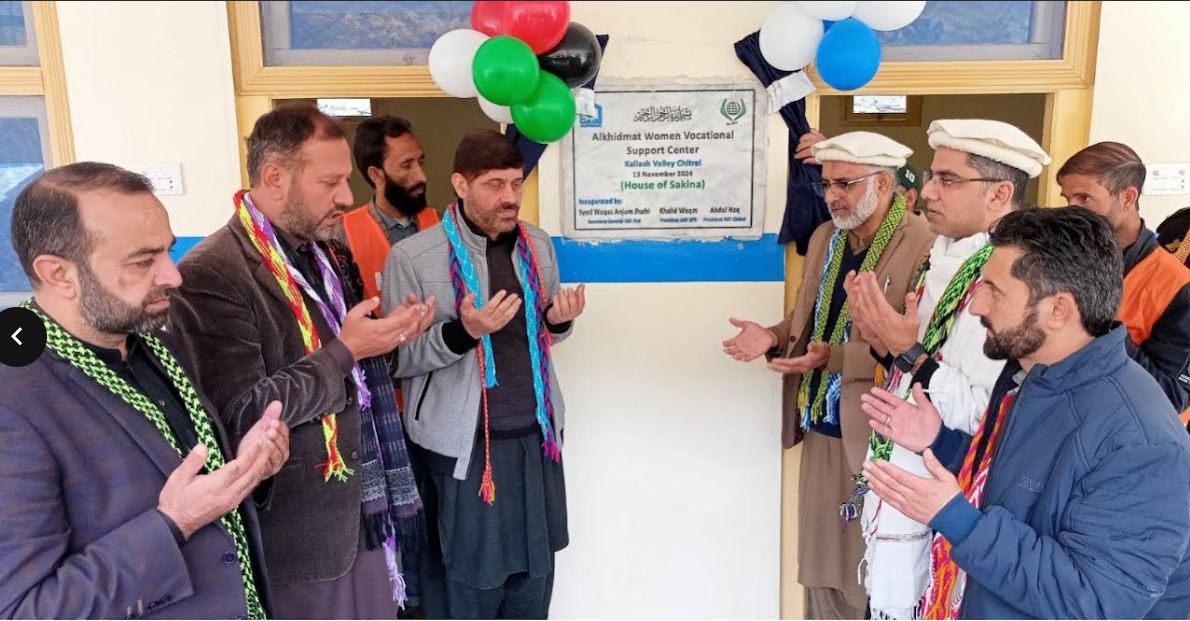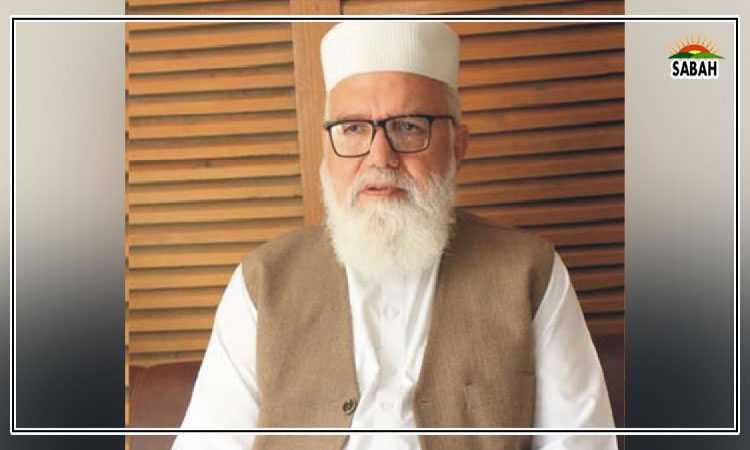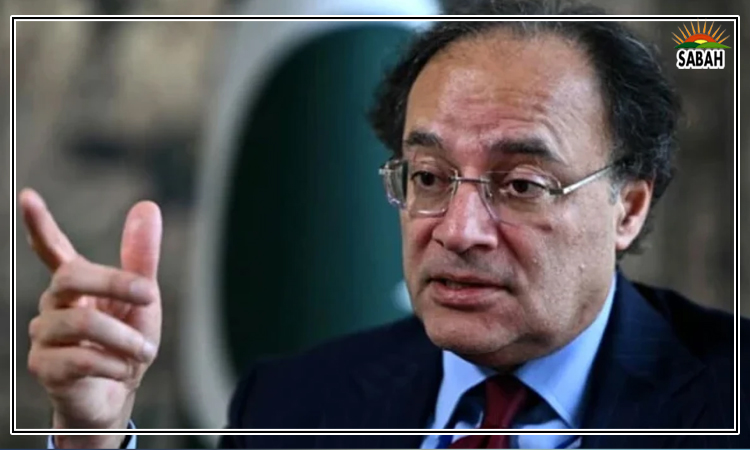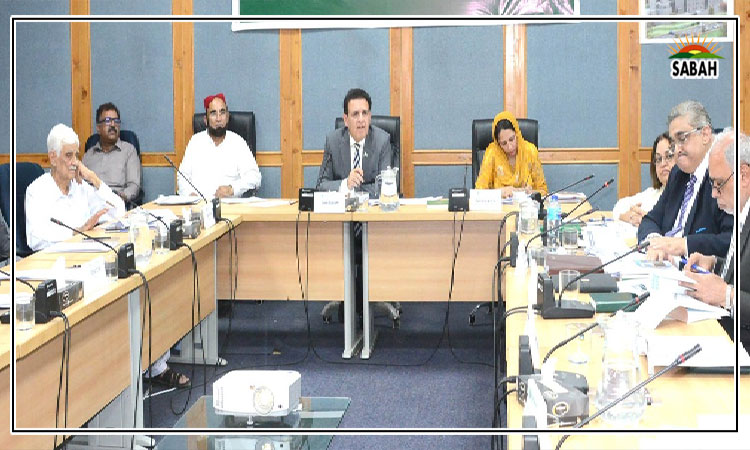Senate Standing Committee on Parliamentary Affairs passes the Bill for further amendment of the Elections Act, 2017
ISLAMABAD, July 22 (SABAH): The Senate Standing Committee on Parliamentary Affairs passed the Bill for further amendment of the Elections Act, 2017 on Monday. It was informed that the Election Commission of Pakistan (ECP) requested to amend Section 232 of the Elections Act, 2017, and to remove the acronym FATA from FORM-A (for Senate elections only), following the merger of FATA into Khyber Pakhtunkhwa through the 25th constitutional amendment. These amendments will be incorporated into the Elections (Amendment) Bill, 2024, which was endorsed by the committee.
On Monday, the inaugural meeting of the Senate Standing Committee on Parliamentary Affairs was chaired by Dr. Humayun Mohmand at the Old PiPs Hall, Parliament Lodges. Participants included Senators Syed Ali Zafar, Khalida Ateeb, Pervaiz Rasheed, Sarmad Ali, and Senator Taj Haider. The Secretary of Parliamentary Affairs, Secretary ECP, and other senior officials from related departments were also present.
The meeting included an interactive session on the functions, duties, and responsibilities of the Election Commission of Pakistan in ensuring free, fair, and transparent elections.
It was emphasized that the Election Commission is responsible for organizing and conducting elections for the National and Provincial Assemblies, the Office of the President, Senate, and local governments (provinces, cantonments, and ICT). The ECP also oversees by-elections to fill vacant positions in the Senate, assemblies, or local governments.
The committee extensively discussed the reasons for rejecting the proposal to introduce electronic voting machines (EVMs) and an I-voting system for general elections, by-elections, and local government elections in Pakistan. It was clarified that the ECP has neither declined nor shown reluctance to adopt EVMs or I-voting systems. Pilot tests of EVMs, Biometric Verification Machines (BVMs), and overseas voting were conducted as per legal provisions. The committee was briefed that procuring 150 EVMs costs Rs. 110 million, which is deemed expensive given the current economic conditions of the country. The Secretary ECP highlighted concerns about the vulnerability of EVMs to tampering, which could jeopardize the integrity of election results. Despite efforts in research and development on EVMs and I-voting systems, the committee chairman inquired about the timeline for completing a full pilot study, noting that a decade has already passed since the project’s inception. The ECP was unable to provide a definitive response, mentioning that reports on pilot projects were submitted to the Ministry of Parliamentary Affairs for consideration by Parliament, but no feedback has been received thus far.
During discussions on the financial implications of electronic voting machines, it was suggested to explore the affordability of the Indian model, given India’s status as the world’s largest democratic state. The committee also queried the total election costs in 2024 compared to those incurred through postal balloting, amounting to Rs. 47 billion. However, details on the costs associated with I-voting were not provided. The committee requested updated figures regarding the census and associated costs.
The committee, together with the ECP, resolved to advance towards implementing e-voting or any other voting mechanism for overseas Pakistanis and to reach a consensus on the matter. The chairman stressed the importance of including overseas Pakistanis in the electoral process, although Senator Sarmad Ali voiced strong objections, questioning the voting rights of overseas Pakistanis who do not contribute to Pakistan’s economy.
In the next meeting, the committee sought a proposal for postal balloting for overseas Pakistanis and also discussed potential legislative amendments to enable voting rights for overseas Pakistanis.




